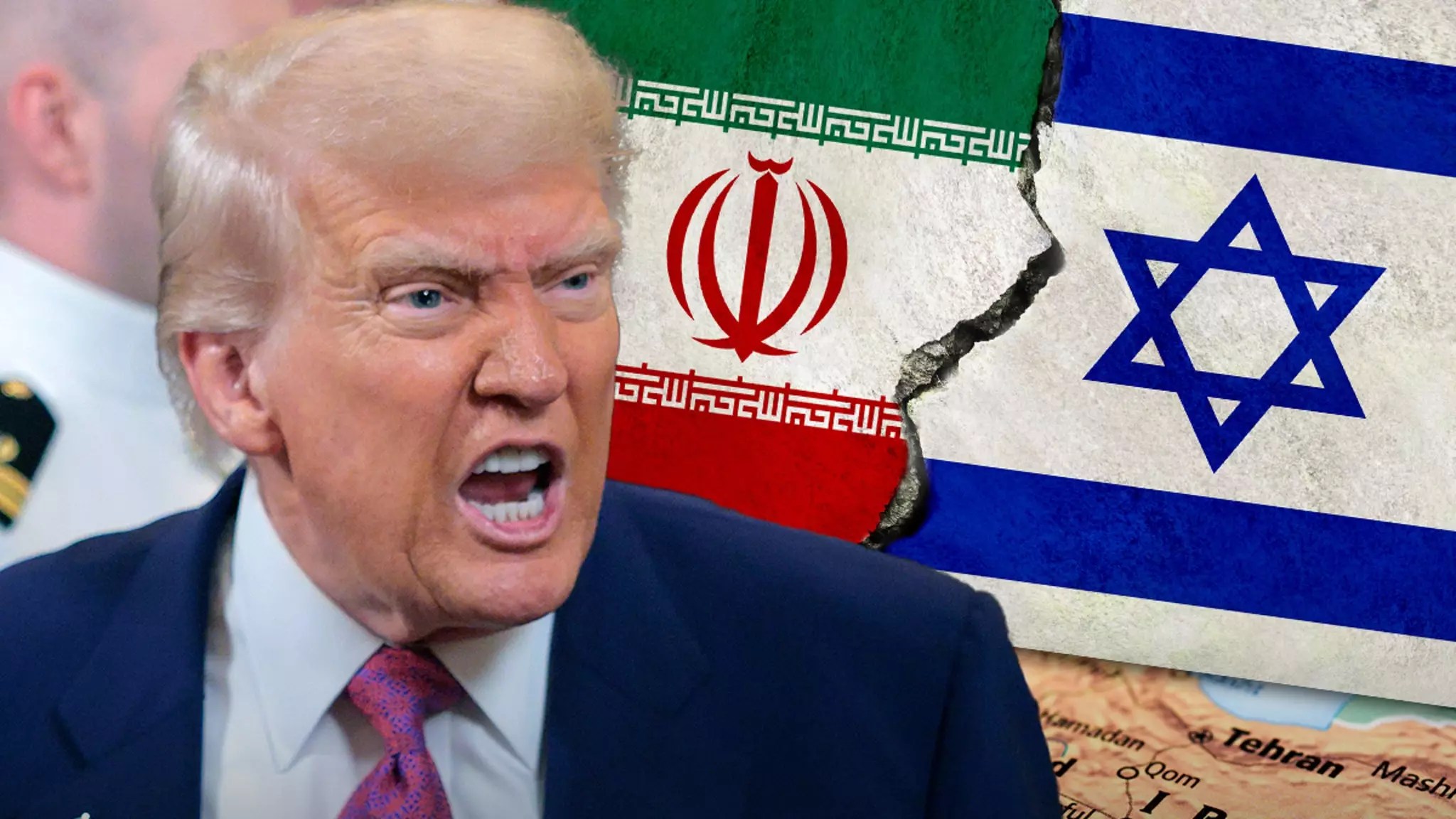In an unexpected escalation of rhetoric, former President Donald Trump delivered a blistering critique directed at both Iran and Israel just one day after proclaiming a semblance of peace. Blasting through the facade of diplomacy, Trump seemed to channel frustration that many have felt about prolonged conflict in the Middle East. His bold statement cut deep, suggesting that these nations, “have been fighting so long and so hard that they don’t know what the f**k they’re doing.” This raw candor starkly contrasts the traditional language often employed by political figures in similar circumstances, raising eyebrows and questions as to his motivations.
In this charged atmosphere, Trump specifically admonished Israel for its military actions, citing the drop of “the biggest load” of bombs he had ever seen. This critique was a call for restraint that belies the usual unconditional support the U.S. has shown Israel in times of conflict. His appeal to Israel came through in an emphatic social media post where he commanded, “DO NOT DROP THOSE BOMBS,” a stark warning that implies the gravity of escalation in military engagements. By directly addressing military behavior, Trump raises the question of whether he genuinely prioritizes the cessation of violence or if he is merely reacting to the optics of international relations.
Media Targeting and Accountability
Furthermore, Trump’s disdain wasn’t confined to foreign policy; it extended to the American media landscape. His denunciation of CNN and MSNBC for perceived inaccuracies regarding a U.S. strike on Iranian nuclear sites shows a continuing narrative that the media is a scapegoat for dissatisfaction. Describing them as “gutless losers,” Trump’s words encapsulate a brewing conflict between the media’s portrayal of military engagements and the administration’s narrative, which often seeks to elevate its strategic successes while diminishing the criticisms it faces.
This war of words raises the pivotal issue of government accountability and whether media outlets bear an obligation to accurately report the complex realities of military operations. Trump called for apologies from these networks, signaling that in his view, the stakes of wartime reporting carry significant weight. This clash underscores the vital role media plays, not only in informing the public but also in shaping the narrative that politicians depend upon during volatile times.
The Illusion of Peace or Tactical Posturing?
Trump’s declaration that the so-called “12-day war” would reach an end was cloaked in bravado, an assertion that lacked formal validation from Iranian officials, adding layers to the reality of such announcements. The possibility of peace was seemingly contingent on a tug-of-war dynamic, complicating the narrative of a resolved conflict. Observers are left to ponder whether this is a genuine attempt to restore stability or merely tactical posturing designed to bolster political capital.
The aggressive self-assurance with which Trump declared “full payload” successes against Iranian nuclear sites raises unsettling questions about the nature of military engagements characterized as established victories. This bravado risks overshadowing the profound implications of warfare and its ramifications for diplomacy and human life. In many ways, Trump’s tone and content reflect a dissonance inherent in political maneuvers, often leading to a cycle of conflict rather than the cessation of hostilities.
Ultimately, it is this confrontational style and the intertwined narrative of accountability in media along with international relations that define Trump’s approach. Such a perspective invites a critical examination of the responsibility held not only by leaders but by those who report the complex realities of political and military engagements.







Leave a Reply